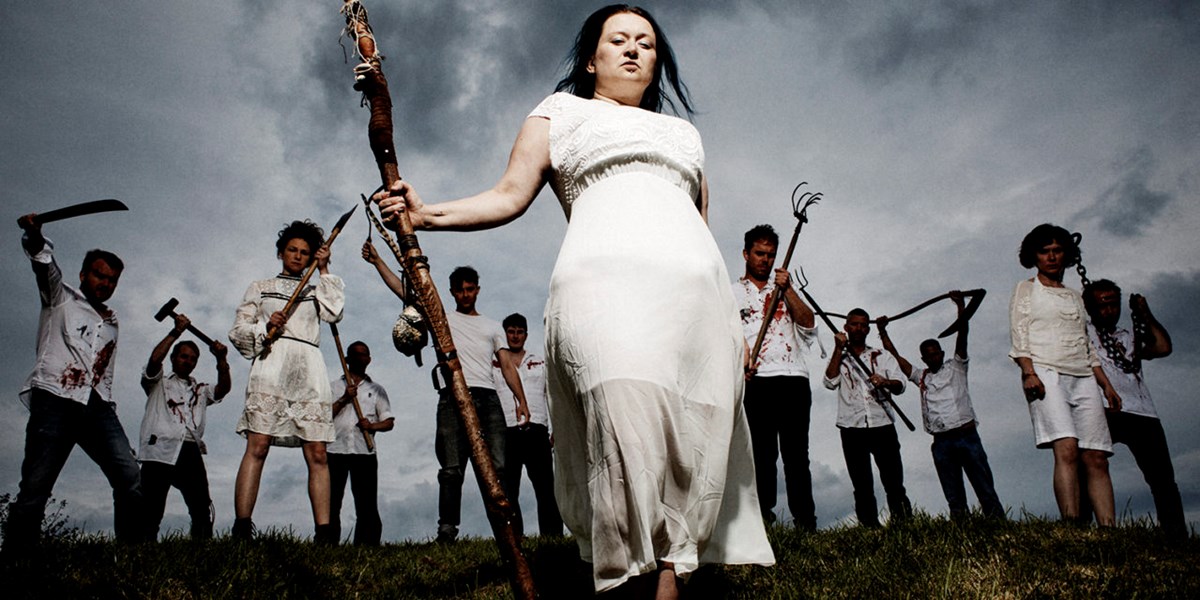Tuesday, April 3, 2018
Eliza Carthy: Wayward and Free
Nathaniel Handy speaks to English singer-songwriter Eliza Carthy, who is the happiest she’s ever been with her new band, new voice and newfound freedom

Photo: Steve Gullick

Register now to continue reading

Thanks for visiting the Songlines website, your guide to an extraordinary world of music and culture. Sign up for a free account now to enjoy:
- Free access to 2 subscriber-only articles and album reviews every month
- Unlimited access to our news and awards pages
- Our regular email newsletters

